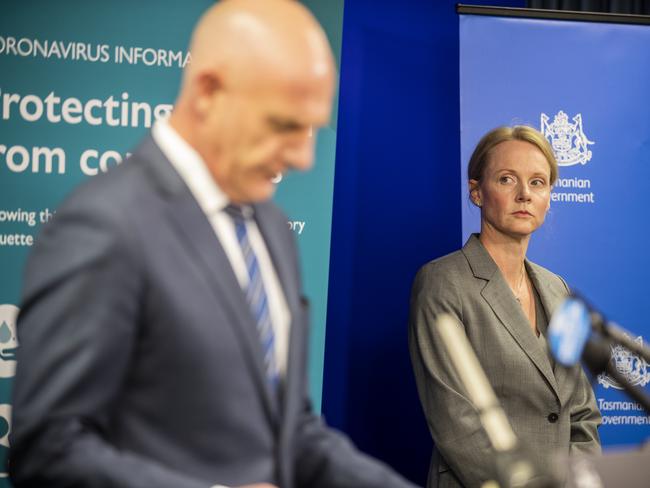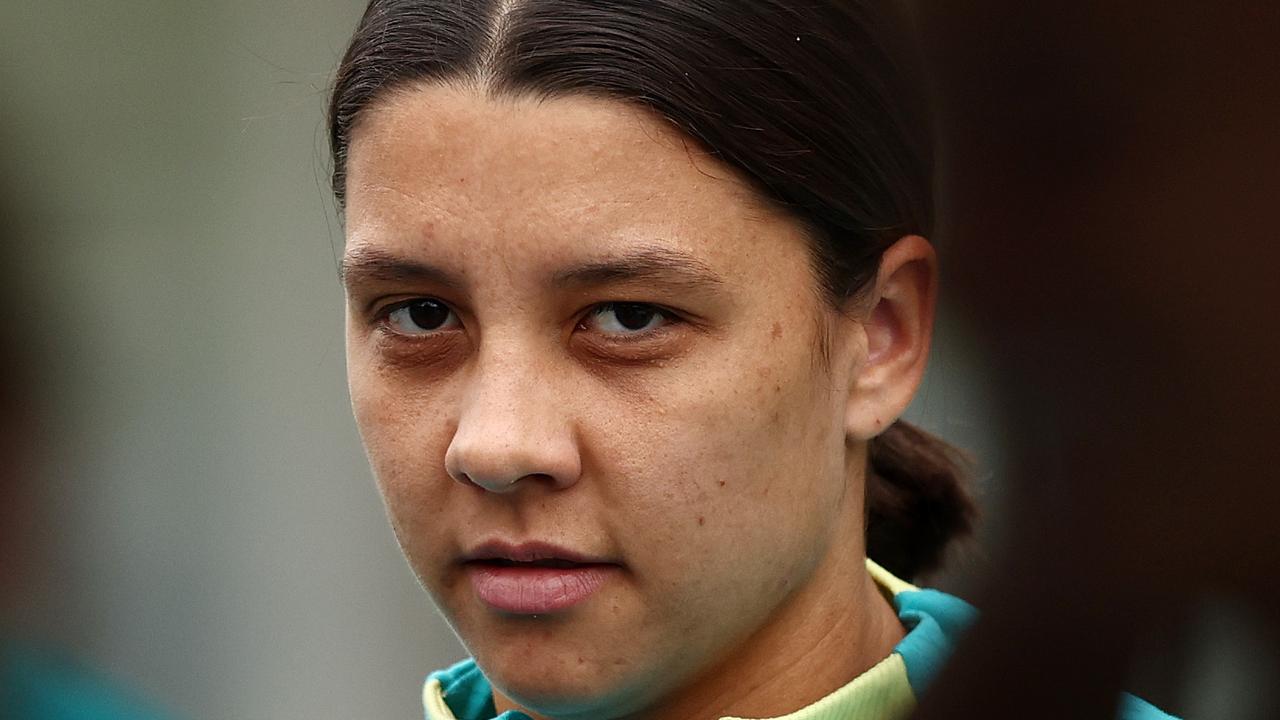Talking Point: We need our tough questions answered
BRUCE LEVETT: Tasmanian want to know if it’s OK to talk with loves ones about advanced care directives and death

Opinion
Don't miss out on the headlines from Opinion. Followed categories will be added to My News.
AMONG all the frightening statistics, news reports, government directives, I can’t recall a time when things have so rapidly and continuously changed to the point circumstances from only yesterday are out of date.
We all react to a crisis in our own way and respond at our own pace. Some require a lot of convincing to change a lifetime of behaviours, others less so. Some are ultra-organised and are ready to respond while others seem to move only at the last minute. Some take a safety-first approach while others are less risk-averse and we always have those in our community who are first movers while others will wait and are more comfortable in following.
You can also see these characteristics in our leaders as well. A good leader recognises that communities react differently to challenges but also have different worries and priorities that need to be addressed.
Thankfully, Premier Peter Gutwein is able to remain calm while moving quickly in announcing some life-changing announcements. Tasmanians are starting to listen as his messages are presented to us in a composed way. He needs to be congratulated on his leadership to date.
But the community has its views and ideas on what needs to happen and the Government and medical profession would be well advised to listen to their views. Without community input, our leaders can only make decisions without all the facts in front of them.
Strangely, it is normally a condition that hospitals involve consumers in all aspects of their operations. That shouldn’t change now.
Tasmanians are telling us four things are worrying them at the moment.
Firstly, as many in the community ask: “How can I stay safe and also keep my family and loved ones safe?” We are told to stay home and self-isolate but are then made to feel guilty if we go to the supermarket with a trolley to stock up on essentials for two weeks.
Others ask how can we safely stay at home, “isolating a person within the family is stupid because it could infect the whole family … not every family has two toilets”. How can we practise social distancing on a bus or in a car or if you live on the street?
Secondly, Tasmanians are nervous about the lack of community testing for coronavirus and this is starting to seriously erode government messages.
Can the Government continue to advocate that schools are safe for children when there is no testing? Comments to Health Consumers Tasmania make this point emphatically: “Clearly there will be no evidence of community transmission if there is no community testing.”
Thirdly, even though events are moving at a cracking pace, there is still time for our leaders to have a conversation with the community. Without a calm conversation, Health Consumers Tasmania will continue to hear comments such as “I would like the Government to take the community into their confidence” and “I am a bit unsure what priorities are used to determine how the curve is managed”. In other words, the community doesn’t want to just hear the directives given at each media conference, they want to be involved in the decision making. The community can respond quickly with ideas when asked and will respond more coherently if they are involved in making the decisions.
Finally, the fourth worry is around death. A consumer asked Health Consumers Tasmania “whether it is OK to talk to my loved ones, especially older people, about their wills and advanced care directives, or is that too hysterical or rude” and another, “How our loved ones die matters”.
These are critical conversations to have now, because it will be too late to have them when we get to that point. Where are the views of Tasmanians in the decision-making process? Because the issues about to confront us are not only going to get more complex and more ethically challenging, but also have greater repercussions on individuals and families. They require a whole of community conversation.
We hear there is increasing fear among the elderly who believe they are not only the most susceptible to coronavirus, but we are also reading reports from Italy where they are not receiving treatment from intensive care units when the health system cannot cope with the number of infected patients. And what about those with disabilities, or complex health conditions and those with little access to health care even on a good day – because it’s always the marginalised and the vulnerable who are overlooked when resources are tight.
The one question Health Consumers Tasmania asks relating to these worries is how will Tasmanian voices be heard as the choices facing decision-makers become even more complex and contentious?
Bruce Levett is the chief executive of Health Consumers Tasmania, a statewide, independent health consumer advocacy organisation.


